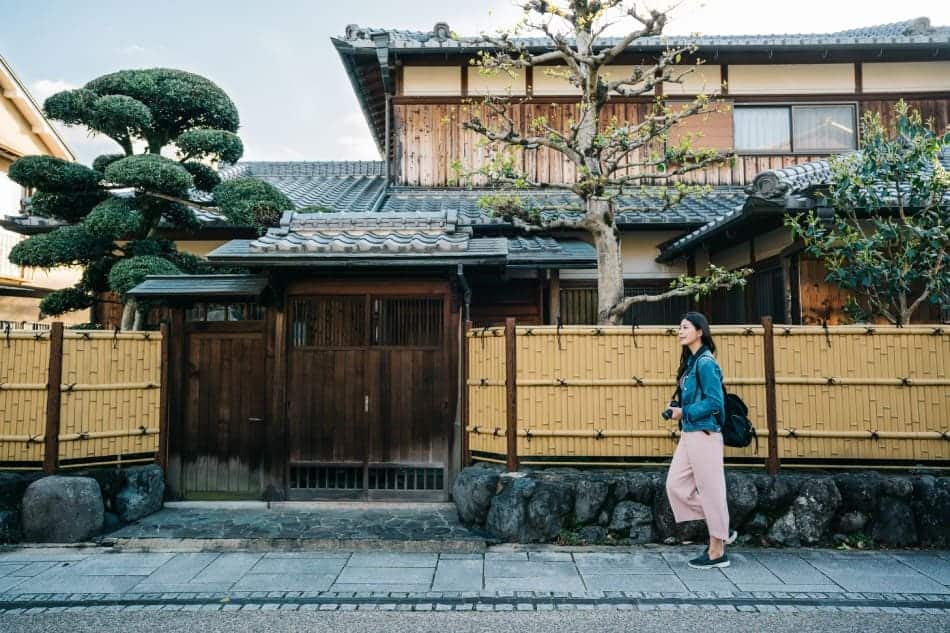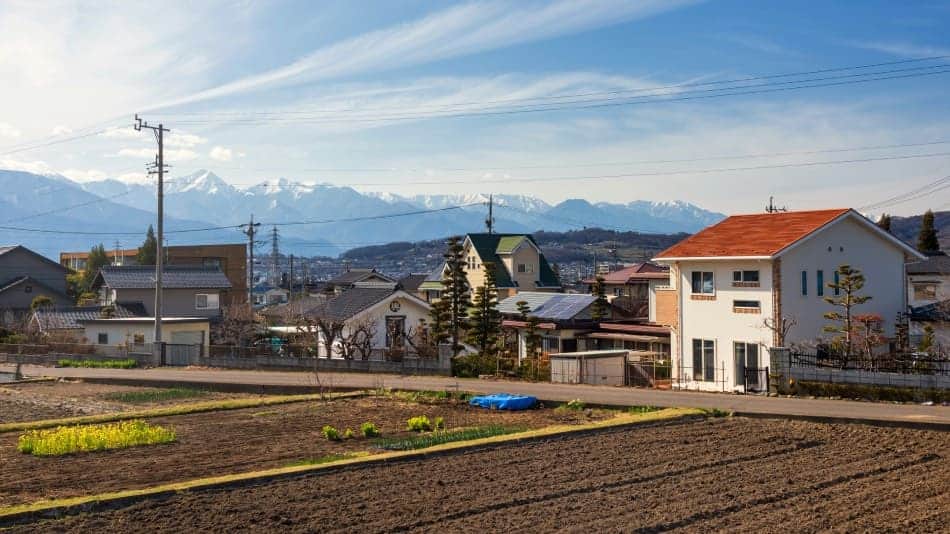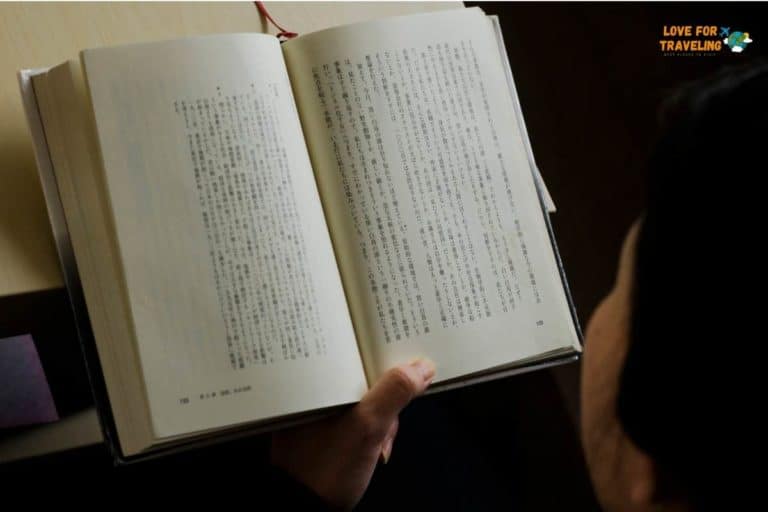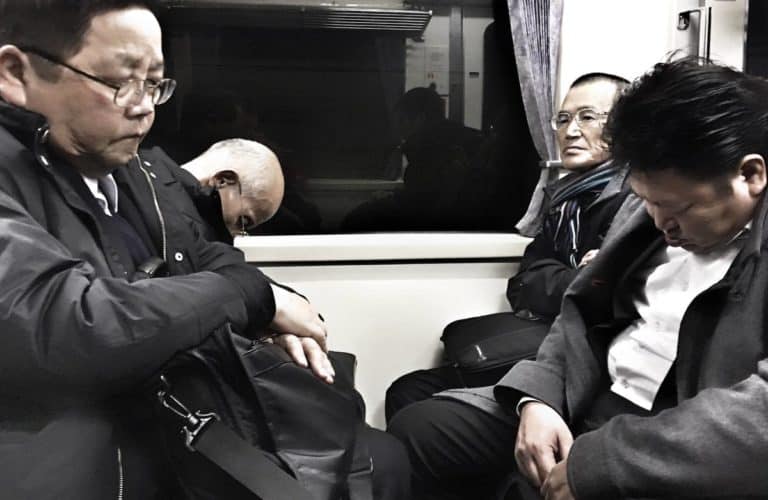Why Are Houses In Japan So Cheap?
Buying a house can be highly stressful at the best of times, but the fact that in most countries, buying a house is a highly expensive exercise can make the stress mount even higher.
But in Japan, this is not the case at all. So, why are houses in Japan so cheap?
Housing in Japan is cheap because of the country’s almost deregulated housing policies. This has allowed the number of housing to grow, meaning there are a lot of houses. This ensured the housing demand did not overtake the housing supply, keeping the prices low compared to other countries.
So, the housing in Japan is relatively cheap, but is it better to buy a house there or rent one? And can a non-Japanese person buy a house or piece of land in Japan? In this article, we will go through and answer these questions and more.
Why Houses In Japan Are So Affordable
In most other countries, property and land prices have skyrocketed, but in some areas in Japan, the prices have actually flatlined, and in other areas, the prices are still considered ‘cheap.’ How has this happened in Japan? Why are the houses so affordable?
The big factor that has contributed to this affordable housing is the country’s relatively deregulated housing policies. This has allowed the housing supply to keep up with the housing demand in the country.
There are no rent controls, and very few restrictions on building height and density have allowed housing to be built to keep up with the demand, which has kept the prices from rising drastically as they have in other countries.
Japan has a large number of housing starts every year. This means that over the past decade, Japan has been able to consistently build almost 1 million apartments and houses every year. This has allowed the prices to remain stable and barely increase as there is space for everyone.
Is It Better To Buy A House Or Rent In Japan?

Choosing whether to buy a house or to rent a home in Japan is entirely up to personal preference as well as what you can afford in the area of Japan that you want to live in.
There are a few distinct disadvantages and advantages to both buying a house in Japan and renting a house.
Let us go through some of the disadvantages and advantages of both options so that you can choose the best one for you and your budget.
Advantages Of Buying A House
There are some good advantages to buying a house in Japan that make owning a house in Japan seem like the best way to go if you want to live there. Let us go through these great advantages.
Japan has relatively low-interest rates coupled with relatively high property yields, and this means that the amount you would pay on mortgage repayments is typically quite less than what you would pay in rent for the same apartment or house.
So, for the same amount of money that you would spend to rent a house, you have the option to purchase a better or even larger property, or you also have the option to buy a property similar in size to the one that is for rent, but you will have lower monthly payments to worry about.
If you buy a house, then you will have the freedom to redecorate it and add some value to your property without needing a landlord’s permission first, which can be difficult to get.
You may get some benefits for depreciation or other tax benefits that may apply to you and your property.
Another great advantage to owning a house in Japan is that if you decide to go back to your home country or move to another area in Japan, you can rent out your property for another stream of income.
Or, if you do not want to deal with the aspects of renting out a property, then you can keep the house as a base for when you want to visit that area again, or you can sell it.
But if you buy a house and keep it, then you will always have a good asset that you can pass on to your children one day.
Disadvantages To Buying A House

Even though there are some good advantages to buying a house in Japan, there are, as with everything, some disadvantages to owning a house there too.
Let us go through these disadvantages so that you have all the information to make an informed decision about whether or not to buy a house in Japan.
If you own a house in Japan, you have less flexibility with your living arrangement.
This means that if you, for any reason, grow to dislike your property or the surrounding areas, then you may need to sacrifice a significant amount of time and money to try and sell the home.
This can also be tricky, as selling your home at the wrong time could result in a loss on your initial purchase.
You are also responsible for all the costs involved in maintaining the property, so if anything breaks, you will need to replace it yourself.
Another disadvantage you need to be aware of is that buying a house will require a large sum of money upfront for the deposit, and then some other expenses will also be due when purchasing the house.
These large sums of money can be hard to acquire for some people, which could make buying a house take longer as banks will need to be involved.
Advantages To Renting
Some advantages to renting a house in Japan rather than buying include having flexibility in your living arrangements.
So, if you decide that the house or area is no longer where you want to live, it is pretty easy to pack up and move to a different location.
If you are facing a bit of uncertainty with your employment, then renting will be the best option for you as you can move to other areas that have more available jobs faster than if you own a house.
You will not be responsible for the maintenance of the property; your property manager or landlord will take care of anything that needs to be fixed or replaced.
Disadvantages To Renting
Some disadvantages of renting a house include not having the freedom to alter the property the way you want/like it.
Most rental agreements in Japan are for a 2-year term, which will not suit people who only want to visit Japan a few times a year for extended holidays.
Depending on the landlord and the property’s location, there can be considerable expenses involved if you want to move, making it difficult for some people to move to a new location.
You also have the risk that the landlord might increase the rent due or even terminate the lease at any time. Renting is not an easy option for people who are retired.
In fact, the elderly face a lot of discrimination when looking for a place to rent as landlords do not want to take on the responsibility that their tenants may not be able to pay rent.
Can A Non-Japanese Person Buy A House In Japan?
If you are a non-Japanese person wondering if you can buy a nice house in Japan, you will be happy to know that you can definitely buy a house there.
The process is actually quite easy compared to other Asian countries as Japan’s real estate ownership is not strictly controlled by the state.
As a non-Japanese person, you can still buy both land and properties in Japan, and no citizenship or visa is required for this process. But you will need a visa to go and visit your land or stay on your properties, as just owning land in Japan does not make you a citizen.
The rules and legal procedures needed to apply to buy property in Japan are the same for Japanese and non-Japanese people, so you do not need to research different procedures.
Conclusion
Housing in Japan I so affordable because of the amount of housing that is available there.
This has allowed the prices to remain stable as the demand for housing has never outgrown the supply for housing compared to other countries where the demand for housing surpassed the housing supply causing the prices to keep rising.
Japan has managed its housing very well, with little help from the state, making it a great place to buy a house.






